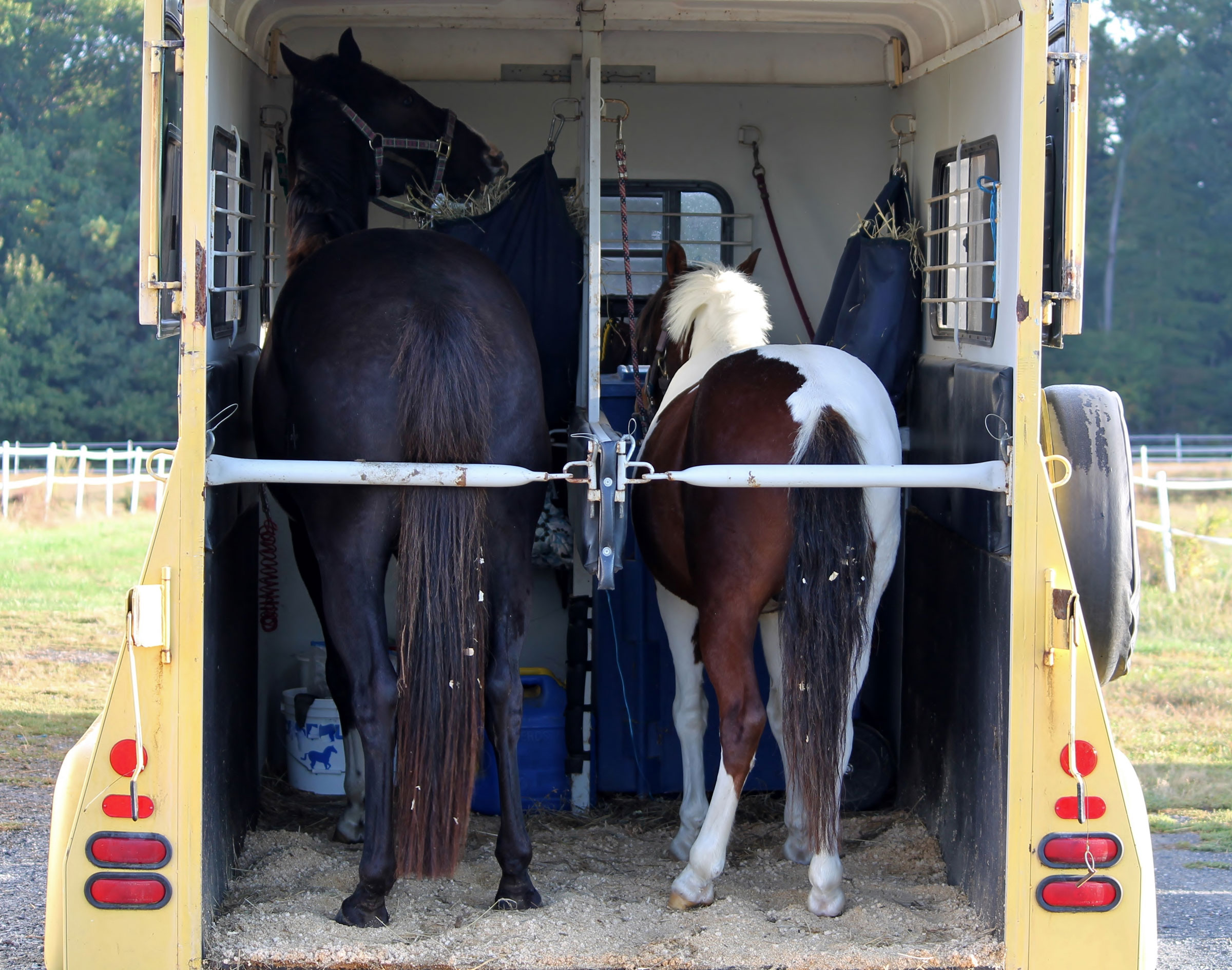
When a horse receives a vaccine booster, the immune system recognizes the foreign antigen (protein) and increases protective antibodies against that antigen. This anamnestic (memory) response to vaccines needs a couple weeks to develop optimal protection against the disease. For this reason, vaccine boosters should be given at least 2-3 weeks prior to travel or show. This enables the best protective coverage for horses in the face of the most likely exposure when off the farm.
An exception to this recommendation is the intranasal influenza vaccine, which generally confers protective immunity within seven days.
If the horse has never had a specific immunization in the past, then the primary series of two injections must begin his vaccination program. Generally, these shots are spaced 4-6 weeks apart. Add in another 2-3 weeks for the horse to develop ample protective immunity, and that means it’ll take at least 6-8 weeks prior to travel for a horse to be sufficiently protected against that specific disease.
Some horse owners have concerns about booster vaccines that might incur an adverse reaction, such as localized muscle soreness or swelling, lameness, fever, reduced appetite and general malaise. This is another reason why it is smart to have horses immunized at least 2-3 weeks prior to travel and/or an event. If a mild adverse reaction does occur, it usually resolves within a couple of days and the horse can return to training soon thereafter. Any problems should be well resolved by the time of the show and travel.
The objective is to be able to take your horse off the farm and bring him home again without him developing any signs of illness. In addition to routine vaccination schedules for competition horses, it is important to implement effective biosecurity practices on the farm and while away from home. These control measures minimize risk of exposure and reduce the spread of disease.


